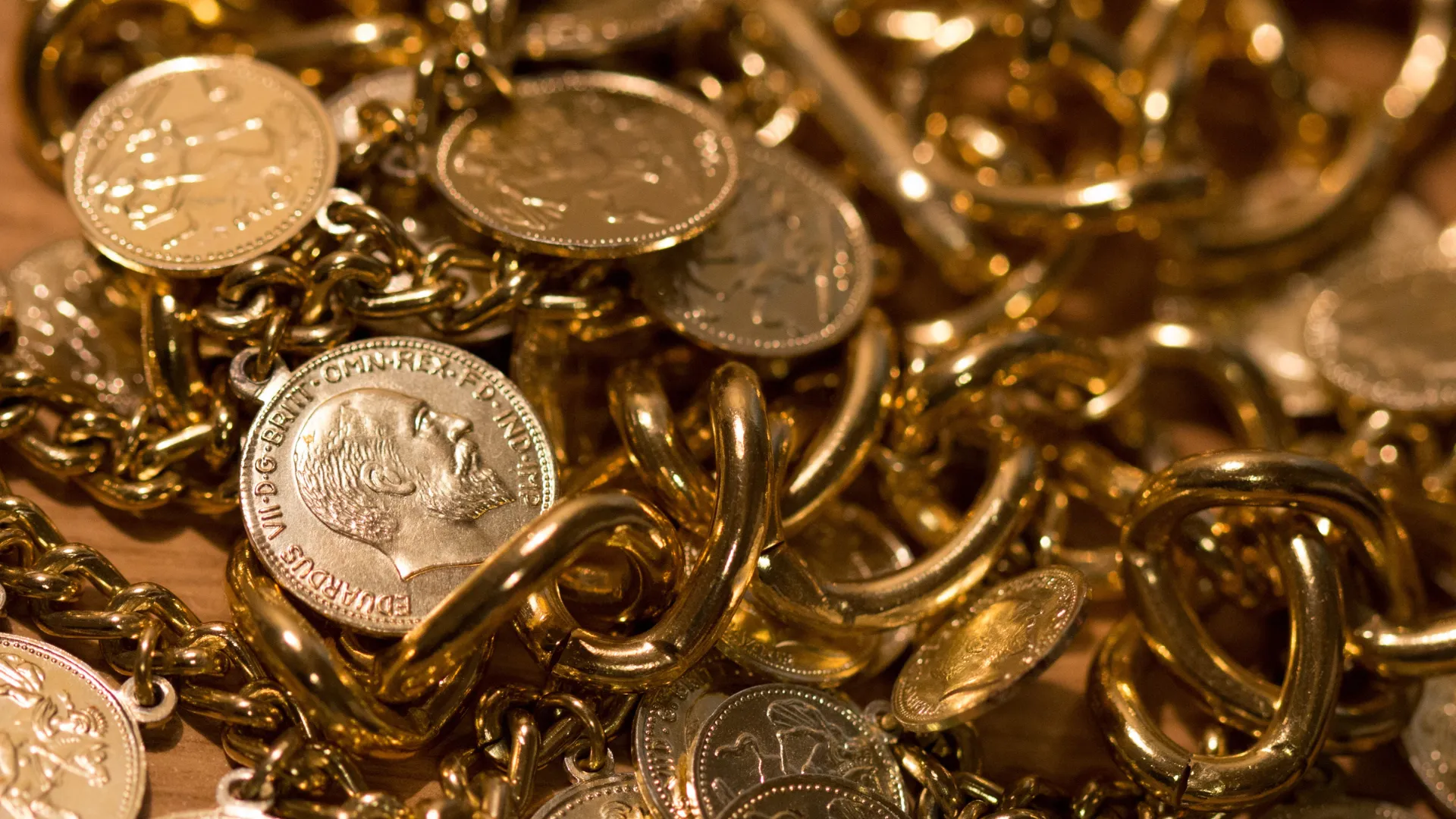
The Truth About Gold Scams: What You Need To Know Before Investing
Gold scams have become increasingly prevalent in recent years, and it is essential to be aware of them to protect oneself from potential financial losses.
In this blog article, we will discuss what a gold scam is, the signs of it, real-life examples and how to protect oneself from such scams.
It is important to be informed about gold scams because they can be very convincing and may trick unsuspecting individuals into investing their money in fake or non-existent gold by promising guaranteed returns.
What is a gold scam?

A gold scam is a fraudulent scheme in which scammers convince victims to invest in fake or non-existent gold, resulting in significant financial losses for the victim. The scammers may use various tactics to deceive the victims, such as posing as legitimate gold dealers, creating fake websites or social media accounts, or using high-pressure sales tactics.
There are several types of gold scams, including:
- advance fee scams - in this type of scam, the victim is asked to pay an upfront fee to secure the purchase of gold, but they never receive the gold or their money back;
- fake gold scams - in this type of scam, the scammer convinces the victim to purchase what they claim is genuine gold, but it is actually a fake or low-quality gold that has little to no value;
- investment scams - in this type of scam, the scammer convinces the victim to invest in a gold mine or other gold-related investment opportunity that promises high returns, but the investment turns out to be fraudulent.
Scammers target potential victims through various means, such as unsolicited phone calls, emails, or social media messages. They may also advertise their fake gold investment opportunities through legitimate-looking websites or social media accounts to lure in victims. In some cases, scammers may even pose as legitimate gold dealers or investment advisors to gain the trust of their victims.
Tell-tale signs of a gold scammer

Investing in gold can be a legitimate way to diversify one's portfolio, but it is essential to be aware of the signs of a gold scam. Here are some red flags to watch out for when investing in gold:
1. Unrealistic promises -if someone promises you guaranteed returns or exaggerated profits, it is a sign of a gold scam. Legitimate gold investments carry risk, and no one can guarantee returns.
2. Pressure to act quickly -if you are being pressured to invest quickly or told that the opportunity is only available for a limited time, it is likely a scam. Scammers use this tactic to prevent victims from conducting proper due diligence.
3. Lack of transparency -if the seller is unwilling to provide information about the gold, such as its origin or purity, it is a sign of a scam.
4. Unsolicited contact -if someone you don't know contacts you out of the blue and tries to sell you gold, it is likely a scam.
Common tactics used by scammers include creating fake websites or social media accounts, using high-pressure sales tactics, and posing as legitimate gold dealers or investment advisors. They may also use fake customer reviews or testimonials to make their scams appear more convincing. Additionally, scammers may claim to have insider information about the gold market to lure in victims. It is important to be cautious and do your research before investing in gold.
Real-life examples of gold scams

There have been several high-profile gold scams that have occurred in the past. Here are some examples:
- Bre-X Minerals Ltd. - In the 1990s, Bre-X Minerals Ltd. claimed to have discovered a massive gold deposit in Indonesia, which led to a frenzy of investment in the company. However, it was later revealed that the company had falsified its findings, and the deposit did not exist. Investors lost billions of dollars in the scam.
- Dinar Corp. - In 2015, the US Department of Justice shut down Dinar Corp., a company that claimed to sell Iraqi dinars and gold bullion to investors. The company promised high returns on investments, but it was later revealed that the dinars were virtually worthless, and the gold bullion did not exist.
In all of these cases, the scams were carried out by making false or exaggerated claims about the existence or value of gold deposits. The scammers used high-pressure sales tactics and made unrealistic promises to lure in investors. In some cases, the scammers even created fake documents or websites to make their scams appear more legitimate. Investors who fell for these scams lost significant amounts of money, and many were left with nothing to show for their investments.
How to protect yourself from gold scams

Gold scams can take various forms, including fraudulent gold investment schemes, fake gold bars, and counterfeit coins. To protect yourself from gold scams, consider the following tips:
Only deal with reputable gold dealers or brokers who have a good track record and are licensed to operate in your jurisdiction.
Verify the authenticity of the gold being sold to you by checking its purity, weight, and other relevant details using a reliable testing method.
Beware of too-good-to-be-true offers and promises of high returns on your investment. Do your due diligence and research the market to determine the realistic value of gold.
Be wary of unsolicited phone calls or emails offering you investment opportunities in gold. These could be phishing attempts or fraudulent schemes.
Always read and understand the terms and conditions of any gold investment or purchase agreement before signing or making any payments.
Keep your gold in a secure location, such as a safe deposit box, and avoid displaying it publicly to reduce the risk of theft.
If you suspect that you have been scammed, take the following steps:
Contact the authorities, such as the police or financial regulator in your jurisdiction, to report the incident.
Gather all relevant documents and evidence related to the transaction, including receipts, contracts, and communication records.
Notify your bank or credit card company if you made any payments related to the scam.
Seek legal advice if necessary to determine your options for recovering your losses.
Remember that prevention is always better than cure when it comes to gold scams.
Conclusion
In conclusion, buying and selling gold can be a lucrative investment for savvy investors who understand the risks and rewards of the precious metal market.
While the price of gold may fluctuate, many individuals continue to see the value in owning physical metal rather than relying on bank account investments or potentially scam investments. It is important for those interested in buying gold to do their research and avoid falling victim to fraudulent schemes.
As one of the most sought-after precious metals, gold remains a popular choice for those looking to diversify their portfolio and hedge against economic instability.